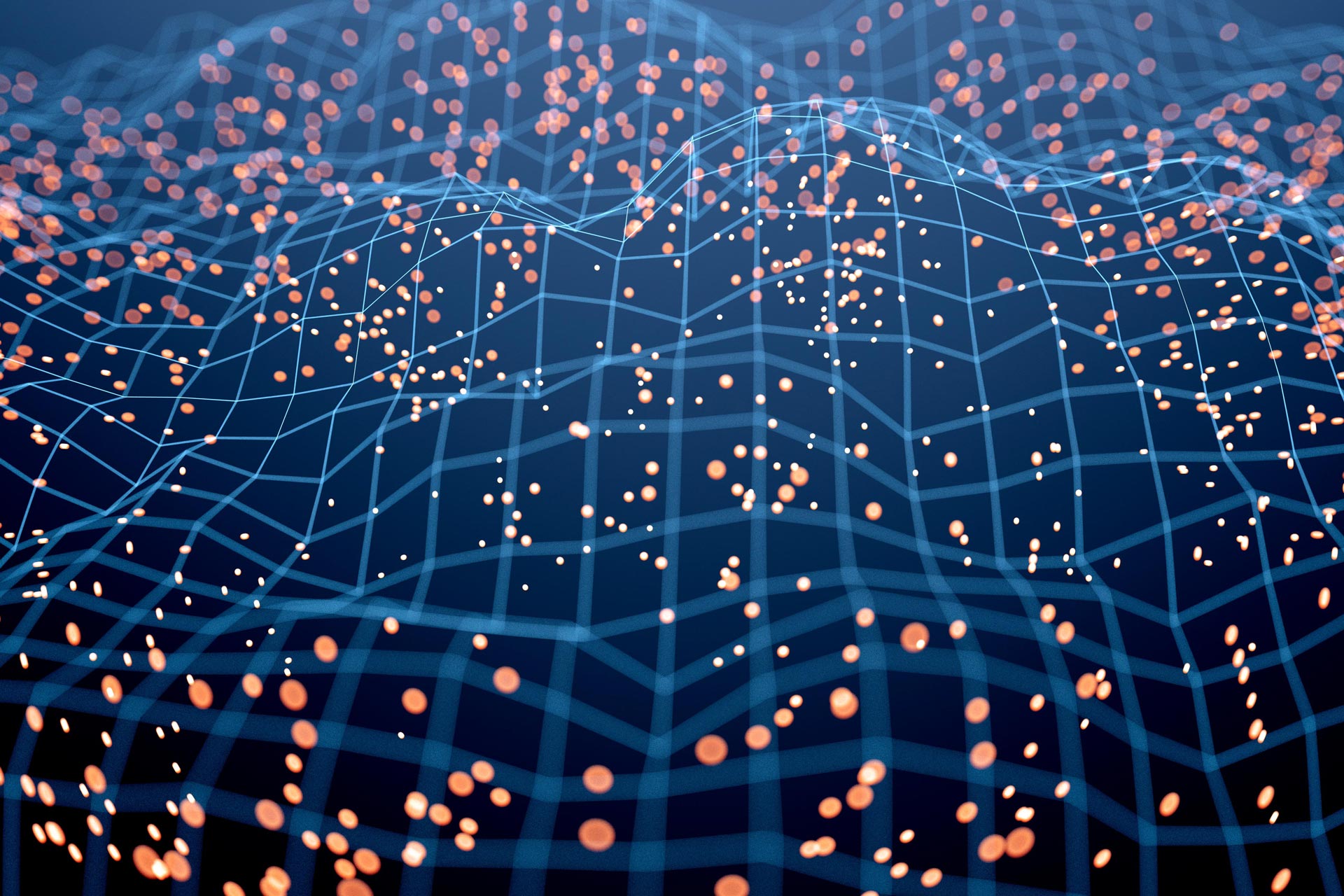Artificial intelligence raises new questions about purpose and scope of copyright
Published on 15th March 2021
Could AI-generated works be eligible for protection by copyright or related rights?

Artificial intelligence (AI) is already generating "creative" works that could be entitled to copyright protection, with engineers training machines to create new content such as music and feature film trailers. In the not-too-distant future, an AI system could generate works with very minimal human input at all. The UK Intellectual Property Office (UKIPO) recently launched its call for views on the implications of AI for intellectual property policy, including copyright, and is expected to publish the government response this month. But who owns the copyright in such works and how are they protected?
Current position
In the UK, there is protection for computer-generated works that do not have a human creator under the Copyright Designs and Patents Act 1988:
- Section 9(3): “In the case of a literary, dramatic, musical or artistic work which is computer-generated, the author shall be taken to be the person by whom the arrangements necessary for the creation of the work are undertaken.”
- Section 178: “computer-generated”, in relation to a work, means that the work is generated by computer in circumstances such that there is no human author of the work.
These provisions foresaw the need for protection for AI-generated content; however, in practice enforcing copyright in such works will be far from straightforward.
Need for clarification
Since these provisions became law in 1988, other elements of copyright protection legislation have evolved. In particular, there is a requirement for a work to be "original" meaning “skill, labour or judgement” must be expended by the author. There are various interpretations of what this could involve. However, it is not clear how it applies to an AI system in practice and whether a machine could meet the test. Specifically, the author (being defined as the person by whom the arrangements necessary for the creation of the work are undertaken) is no longer responsible for creative input and so authorship and creativity must be separated out.
Generally, the level of originality required (in the UK) is low; for example, calendars and competition cards have been afforded protection. However, the required originality relates to the way in which a thought is expressed. The general aim of copyright policy is to prevent the unauthorised copying of certain materials that result from the intellectual exertions of the human mind, which poses difficulty in its application to an AI-generated work.
There are no objective standards of novelty, usefulness, inventiveness, aesthetic merit, quality or value against which an AI-generated work could be assessed. Previous judgments of the Court of Justice of the EU that consider photographs have referenced an author's need to make free and creative choices including stamping the work with a "personal touch". How could such requirements apply to the inner workings of an AI system? Can the same legal assessment take place? Can an AI system have "thoughts" which are expressed?
A philosophical question?
Some feel that this is as much a philosophical question as technical. Some argue that our human thought process is just "computing inside our heads", in which case, perhaps, does this mean that the output of an AI system is not that different to the output of a human brain? Currently, the best performing AI systems are machine learning or deep-learning systems based on "neural networks". These are layered interconnected nodes, which were inspired by the structure of the human brain, so perhaps the two operate similarly.
Others consider current AI to be limited to the application of mathematical models and algorithms that are far from creative thought. Looking "under the bonnet" of an AI system makes the apparent similarities with human thinking fade. The way in which deep learning operates is essentially based on maths and vast volumes of data crunching. A deep-learning system generates outputs that are statistically the least likely to be wrong, given the patterns that it has mapped from the body of data on which it has been trained. The focus on the mathematical logic of these systems weakens any perception of "creativity" in the machine itself.
As AI researchers continue to seek improvements and solutions via a neuroscience inspired approach, perhaps there will be an eventual convergence one day in the future when AI processes pull away from being a highly sophisticated and complex mathematical model and move closer to human thought (or something near it).
Osborne Clarke comment
The UKIPO's call for views on copyright asked the industry some searching questions on this issue, including: "Should content generated by AI be eligible for protection by copyright or related rights?" and "If so, what form should this protection take, who should benefit from it, and how long should it last?" We eagerly await the government response, which the UKIPO hopes to publish this month in the hope that the position is clarified and potential rights holders are given more certainty. The UK government is said to be dedicated to advancing the UK‚ AI sector and it will be a priority to encourage innovation. This could inspire the changes needed to protect works generated by AI. After all, the UK's existing legislation (from 1988) was one of the world's first attempts to protect AI works. Continuing this trend could see new attempts to facilitate protection. Copyrighted content carries a value and the potential for a revenue stream, which readily reproducible works do not, so the outcome could have significant consequences for parties seeking to monetise works generated by AI.


